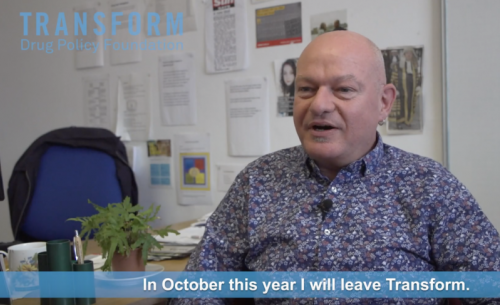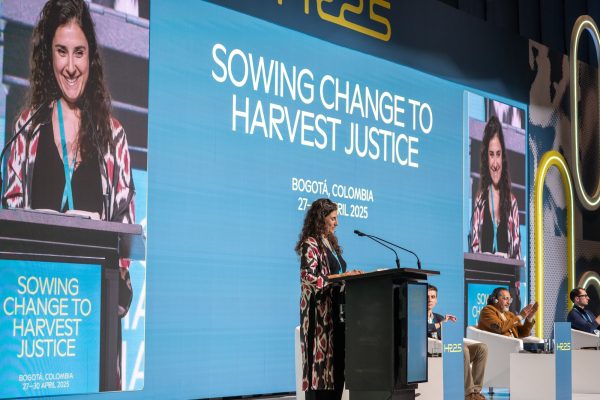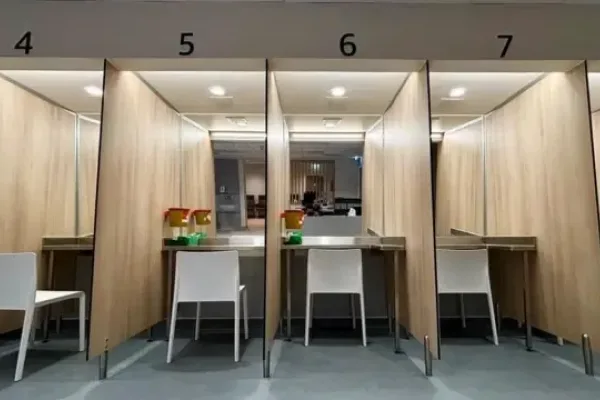30th September 2019
Watch Danny reflect on his 25 years at Transform.
In October this year I will leave Transform, after 25 years of campaigning for drug policy reform. I founded the organisation when I was 32, in 1994, to campaign for an end to global drug prohibition, and to replace it with an effective, just and humane system of regulation and control. It’s been an extraordinary trip. In 1994 I was still ten years away from having kids of my own and South Africa had its first elections in which black people could vote. Many years ago I said that I’d put a quarter of a century of my career into this and my time is now up. I’m not sure where I’m going next, but I’m proud that Transform’s work has helped turn legal regulation from fantasy into reality.
Transform stands on the shoulders of giants and I cannot praise highly enough colleagues past and present with whom I’ve worked. Legalisation and regulation of drugs is now unstoppable - I’m just sorry that we haven’t managed to curtail more of the terrible impacts of drug prohibition. But I’m delighted to say that Transform is in great shape both in terms of personnel and financially, and we are parting on very good terms. The staff team here is particularly strong and we have just filled two new posts.
I want especially to thank all Transform’s donors over the years and to all those who provided support to us in one way or another.
I knew that ours wasn’t going to be a quick win - this is a global war that has the full backing of the permanent members of the UN Security Council, and 180 UN member states. Even so, back in 2004 I suggested that the global drug war would be over by 2020. It isn’t, but we are winning the peace, as more countries leave the prohibition party and adopt both decrim and legal regulation. However, we are also losing the peace in places like North America, Mexico, Colombia and the Philippines, where the drug war leaves tens of thousands dead every year.
The campaign to end the war was always going to be heavily front loaded, and we spent the first decade, at least, just getting the idea of reform into the public domain. But now reform is entering the mainstream and drug policy reform no longer inhabits an NGO ghetto.
So, what next for me? To be honest I don’t have a plan yet - but I’m open to ideas. I’m keen to apply my learning from Transform to the wider political arena.
What I take away from my 25 years of Transform is that drug users, suppliers and producers aren’t ‘them’, they are ‘us’. It’s not that we have a duty to help ‘them’ - we have an obligation to protect ‘us’ - all of us. And I am more convinced than ever that if we are to protect all of us, we must end the global prohibition and the drug war and put in place policies that genuinely achieve that.




